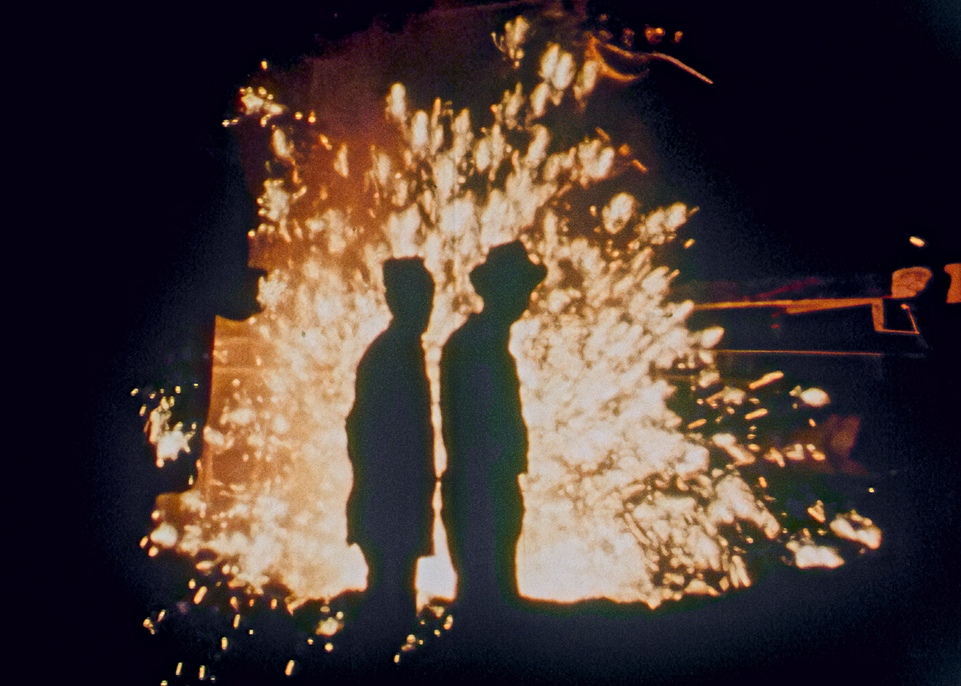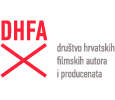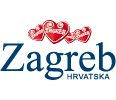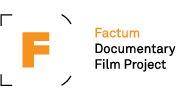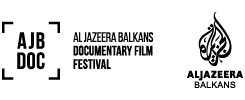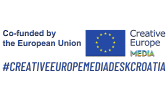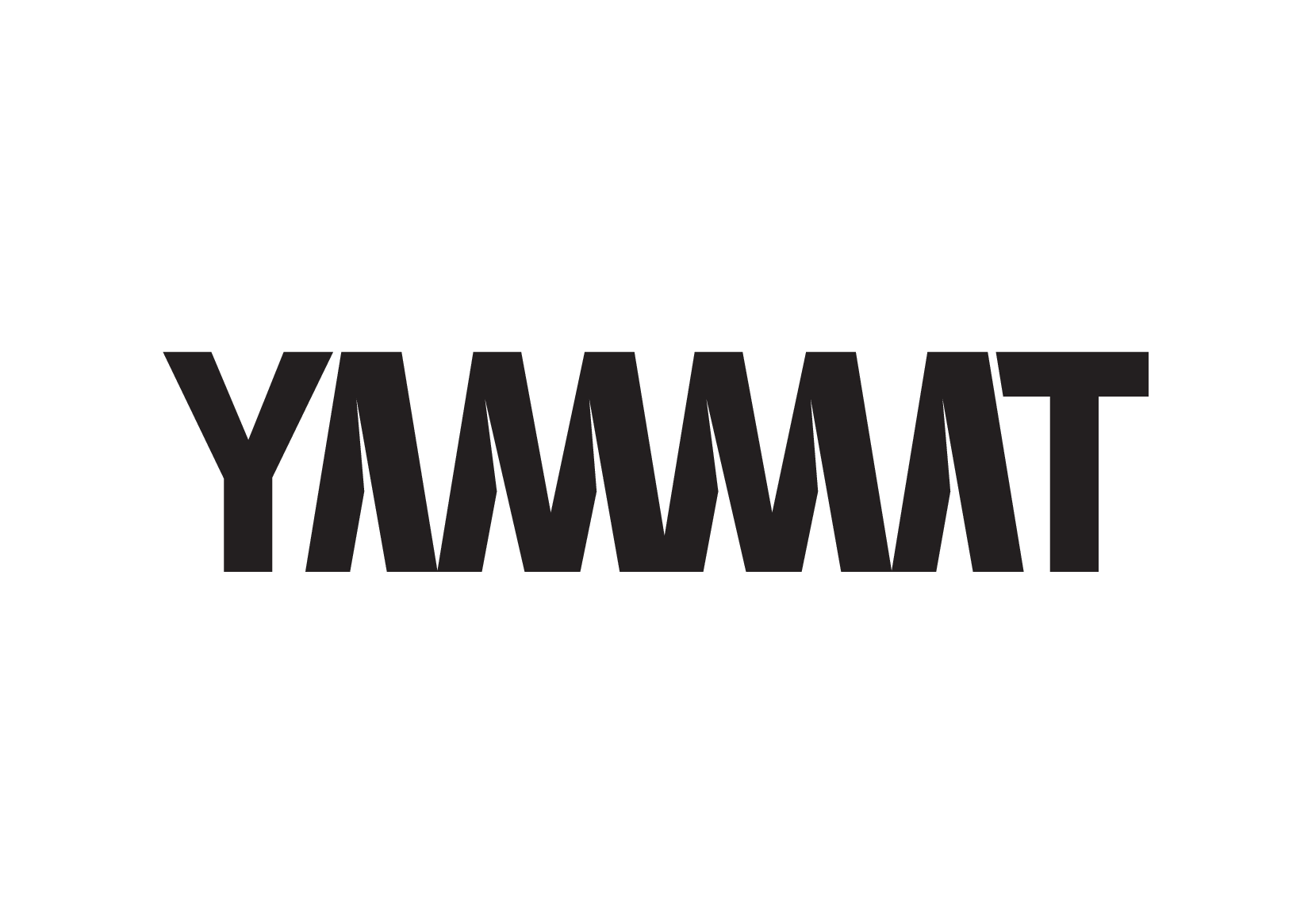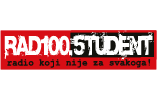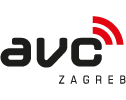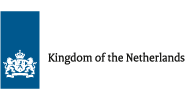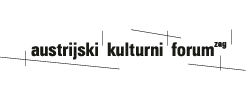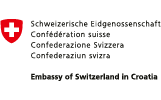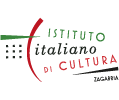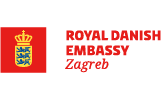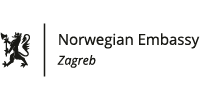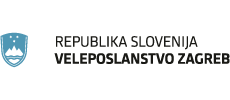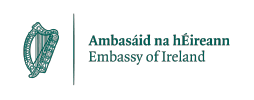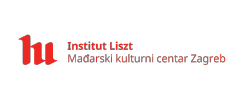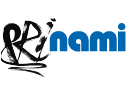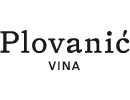Wednesday @ ZagrebDox
2.4.2025.
Zoran Predin, top of the funeral charts, a panel on the student blockade in Serbia, Yugoslavian experience and contemporary radicalism, aurora borealis in the fascinating documentary classic, the Ukrainian front and background, male feelings, the century of the train, microplastics and waste colonialism, growing up on the streets of Priština, poetry and revolution in Sudan, a great-grandfather musical, Israelis and Palestinians, minor homeless people of Bangladesh, influencing as destiny, a monumental epic of rocks and ruins
The new by young talents and established regional documentary filmmakers, painful topics of Gaza, Russia, Syria, Ethiopia and Croatia, cheerfulness and humour captured in the midst of extremely difficult life circumstances and capitalist and (neo)fascist Molossians, as well as the permanent migrant crisis and scenes of women’s emancipation shape the memories of Tuesday, at the 21 st ZagrebDox. However, they will only be reminisced about next week, as an equally diverse and dynamic festival Wednesday has already started.
The middle of the festival week usually begins at 2 pm with a free screening of Songs of Slow Burning Earth (dir. Olha Zhurba, theatre 2) from International Competition – an audiovisual diary of the Ukrainian front and background. The harsh tones of panic and horror of the first weeks of the Russian invasion slowly transform into the dull silence of accepting death and destruction as the tragic normality of the local population, already somewhat forgotten by the world.
At 3pm, there will be a rerun of A Year in the Life of a Country by Tomasz Wolski (International Competition, theatre 4), an archival film about Poland in 1981, and two Happy Doxes in theatre 5: Koki, Ciao by Quenton Miller about Tito’s parrot, and A Song for My Land by Mauricio Albornoz Iniesta about an unconventional, environmentally conscious Argentine music teacher.
At 3:30 pm, theatre 1 will once again feature two more titles from International Competition: Who Loves the Sun by Arshia Shakib about people’s refineries and Eyes of Gaza by Mahmoud Atassi about Palestinian journalists. At the same time, theatre 3 will give the opportunity to see the hilarious metafictional and performance self-portrait Shahid by director Narges Kalhor, whose desire to change her last name leads her to confront radical ideologies and her own great-grandfather (who has been dead for about a hundred years), all in the guise of an often comic musical.
At 4 pm in theatre 2, Tadija Tadić will present his short Teen Dox Project Nika about the emerging influencer and her mother who accompanies her on this journey – a piece about the significance of ‘fame’ in the imagination of contemporary youth, but also about a special relationship. In the same block, there will be Where the Kids Have no Name (dir. Jamillah van der Hulst) about homeless Bangladeshi kids and the people who try to help them.
At 5 pm in theatre 4, we will watch an epic spectacle of cinematography and space Architecton by a Master of Dox Viktor Kosakovsky, dedicated to the landscape project of Italian architect Michele de Lucci and the wondrous scenes of ancient and modern ruins. The red threads of rocks and stones, from ghostly monoliths in the ground to quarries to tragic piles of concrete, create a connection between different societies in this must-see title of the 21 st ZagrebDox. Only those who missed out on seeing Clara Trischler’s equally excellent Night of the Coyotes on Monday (Regional Competition, theatre 5, 5 pm) about Mexican tourist performances of illegal border crossings based on the performers’ personal experiences could bypass it.
At 5:30 pm, International Competition in theatre 1 presents Birgitte Stærmose’s Afterwar, a fifteen-year follow-up to the growing up of four Pristina street vendors, a favourite of many festival audiences. Thanks to a combination of raw realism and thoughtful and empathetic re-enactments in the depiction of post-war Kosovo, the children transform before our eyes into adults whose gaze is equally directed at the past, the future, and us. The director will personally present the long and demanding making of this film. Lidija Špegar will do the same on the occasion of her Factumentary with the original hypothesis, Underground Top of the Charts (5:30 pm, theatre 3). The author, following her performers throughout Croatia, has addressed the genres of funeral music in different regions and periods.
At 6 pm, Real by Oleh Sentsov, a Ukrainian director, writer and soldier and a former Russian prisoner, takes us to the front lines of the first days of the Russian invasion. If it were not for such a tragic reality, this shocking artistic ‘reality’ could also be seen as a thoroughbred war film about brothers in arms, united in the trenches.
At 7 pm, Trains by Maciej J. Drygas is an archival collective portrait of the people of the 20 th century, their hopes, dramas and tragedies refracted through the liminal spaces of compartments, stations and tracks, all too often marked by departures to war or exile. Trains’ rich festival life was crowned with awards for best film and editing at the prestigious Amsterdam IDFA. In the second slot at 7pm on Wednesday in theatre 5, you can see a new medium-length film by another master, Vitaliy Mansky, Iron – a poetic essay on the omnipresence of military equipment in everyday life in Ukraine. It is joined by Sudan, Remember Us by Hind Meddeb about poetry as a means of resistance to force during the Sudanese revolution of 2018 and 2019.
At 7:30 pm in theatre 1, Musical Globe makes a stop in Yugoslavia in Slobodan Maksimović’s biographical film Praslovan about the life and career of Zoran Predin. Using a rich archive and statements from witnesses and experts, the film shows through a retrospective of Predin’s greatest hits how these songs reflected social changes and personal upheavals. Slobodan Maksimović will talk with the audience after the screening.
Also at 7:30 pm, but in theatre 3 Lidija Zelović plays Home Game, providing insight into the current political climate in The Netherlands, marked by radical right-wing worldviews and social polarisation, and offering an audiovisual counterbalance to the intimate, family history of a Yugoslav childhood and youth.
Prime time quite rightly belongs to Peter Mettler and his mesmerising journey to the Canadian Arctic in search of the natural wonder of the aurora borealis. Spectacular as only nature can be, Picture of Light (8 pm, theatre 2), a favourite of film festivals around the world (Locarno, Toronto, Rotterdam, Leipzig...) and a documentary classic from 1994, is being shown today only in a three-part retrospective of maestro Mettler at the 21 st ZagrebDox.
At 9 pm in theatre 4, Silent Men by BAFTA-winning Scottish director Duncan Cowles is prompted by questions about why men have such a hard time expressing their feelings, how they come to terms with all aspects of physical and mental health, and what modern masculinity is all about. At the same time, in theatre 5, b. h. Yael sends a Letter to My Tribe and, in the form of a video essay, also seeks answers to the question of why more Israelis don’t speak out about Palestine? Through conversations with various experts, ‘victims’ and ‘perpetrators’, but also her own mother, the director deepens our understanding of one of the world’s worst and most notorious ethnic conflicts.
The ecological dox Plastic People (dir. Ben Addelman, Ziya Tong), which can be seen in theatre 1 at 9:30 pm, uses extraordinarily striking and immediately understandable visuals, expert statements, and the author’s research to raise our awareness of possibly the worst form of pollution that threatens our bodies today. Film Wednesday in theatre 3 will end at the same time with the second, but formally central screening of Regional Competition works Gone Swimming, Love Dad by Izidor Bistrović and My Summer Holidays by Petra Seliškar, which will be accompanied by a Q&A with the authors.
The ‘hot’ topic of student protests and blockades in Serbia will be discussed at ZagrebDoXXL today. Under the title Students in Blockade – A Different World is Possible (3 pm, KIC), director Aleksandar Reljić, student representatives Pavle Hrnčić (film and TV production student) and Teodora Rudić (animation student), activist Irina Masnikosa (participant in the FFZG blockade), member of the Students for Palestine initiative Nika Keserović, and journalist and researcher Matea Grgurinović will comment on the protest movement the likes of which has not been seen since 1968.
At 5 pm, also at KIC, a masterclass under the title PUBLIKUM - Connecting your audiovisual project with audiences through AI-backed anthropology will be held by Niles Alberg, co-founder of the Danish consulting company Will & Agency and its brand for audience development in the AV sector.
Among the six audiodocs available every day from 2 pm to 10 pm, today we suggest an episode of the Dutch series I Am ‘Kweekje’ by Nicole Terborg about Surinamese children who did not grow up with their biological parents, including Terborg herself – a renowned journalist now dedicated herself to the search for her own personal and historical identity.

